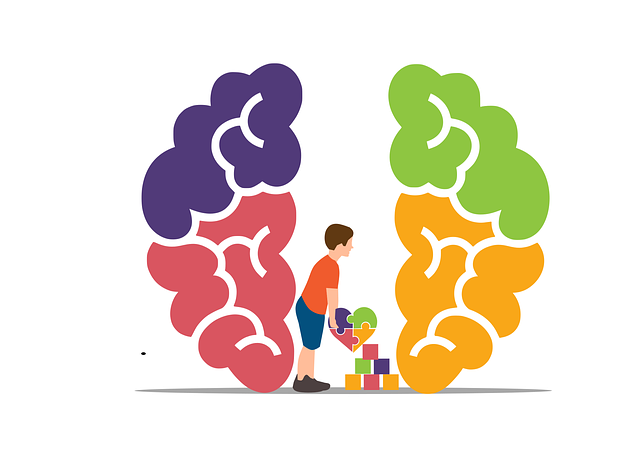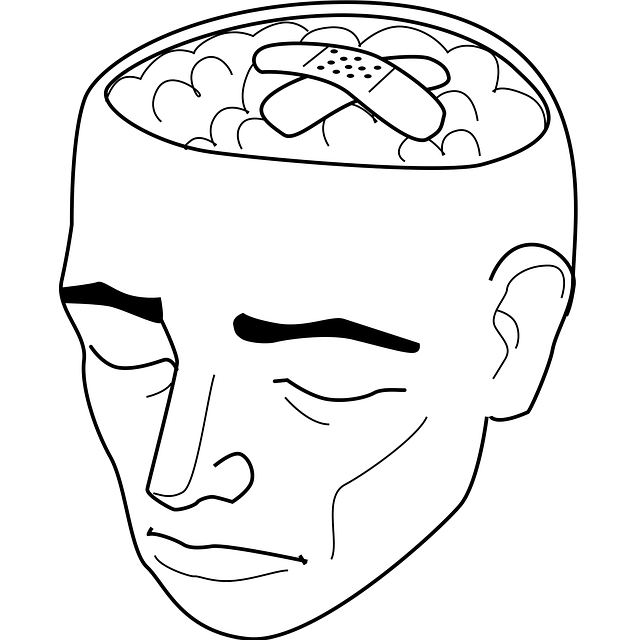Mental health policies are vital for supporting young adults dealing with sexual addiction. Strategies like awareness campaigns enable access to specialized therapy, fostering emotional well-being. A holistic approach integrating treatment, inner strength, and emotional intelligence addresses peer influence and multimedia exposure. Gaps in the current treatment landscape include limited access to culturally sensitive therapy and inadequate support for young adults. Multi-faceted solutions involve podcasts, cultural sensitivity training, and evidence-based stress reduction methods. Effective advocacy combines grassroots initiatives with policy analysis to promote CBT, mindfulness, self-esteem programs, and open dialogue, reducing stigma and improving therapy access for young adults with sexual addiction.
Mental health policy plays a pivotal role in shaping support systems for young adults grappling with sexual addiction. This analysis delves into the profound impact of existing policies while exposing critical gaps in current therapy options tailored to this demographic. We explore effective policy interventions advocating for comprehensive mental health services, emphasizing the urgency of addressing sexual addiction among youth. By analyzing successful advocacy strategies and offering a call to action, this article aims to catalyze positive change in therapy accessibility for young adults seeking treatment for sexual addiction.
- Understanding Mental Health Policy and its Impact on Young Adults
- The Prevalence of Sexual Addiction in the Youth Population
- Gaps in Current Therapy Options for Young Adult Sexual Addiction
- Analyzing Effective Policy Interventions for Mental Health Advocacy
- Strategies for Effective Advocacy and Policy Change: A Call to Action
Understanding Mental Health Policy and its Impact on Young Adults

Mental health policies play a pivotal role in shaping support systems for young adults, many of whom are navigating complex issues such as sexual addiction. This critical period of life often involves significant emotional and psychological challenges, requiring tailored interventions. The impact of policy initiatives like public awareness campaigns focused on mental health can be profound, fostering an environment where young adults feel empowered to seek therapy for sexual addiction and other concerns.
The development of robust policies promotes not only access to specialized treatment, including therapy for young adults with sexual addiction, but also encourages the cultivation of inner strength and emotional intelligence. By integrating these concepts into policy frameworks, we can ensure that mental health support addresses the holistic needs of young adults, fostering resilience and overall well-being.
The Prevalence of Sexual Addiction in the Youth Population

The issue of sexual addiction among young adults has gained increasing attention within mental health circles, highlighting a pressing need for comprehensive policy interventions and advocacy. Studies indicate that sexual addiction, or compulsive sexual behavior disorder (CSBD), is more prevalent among adolescents and young adults than previously recognized. This growing concern demands immediate action, especially considering the potential long-term impacts on an individual’s overall well-being and social functioning.
Effective management of this issue requires a multi-faceted approach, including improved access to specialized therapy for young adults with sexual addiction. Therapy tailored to this demographic considers unique factors such as peer influence, developmental stages, and exposure to multimedia content. Additionally, mental health professionals must be equipped with robust communication strategies and risk assessment tools to navigate the sensitive nature of these conversations. Enhancing mental health awareness among youth and their support systems is pivotal in early detection and prevention, fostering a culture where help-seeking behaviors are encouraged.
Gaps in Current Therapy Options for Young Adult Sexual Addiction

The current landscape of therapy options for young adults struggling with sexual addiction presents several gaps and challenges. Despite growing awareness and research highlighting the prevalence of this issue among younger demographics, access to specialized and culturally sensitive treatment remains limited. Many existing programs fail to cater to the unique needs and experiences of this population, often resulting in inadequate support and poor outcomes.
Addressing these gaps requires a multifaceted approach. Mental wellness podcast series production can play a pivotal role in raising awareness and destigmatizing conversations around sexual addiction. Simultaneously, integrating cultural sensitivity into mental healthcare practice is essential to ensure that treatment modalities are adaptable and accessible to diverse young adult populations. Incorporating evidence-based stress reduction methods alongside traditional therapy can also enhance the effectiveness of care for this complex issue.
Analyzing Effective Policy Interventions for Mental Health Advocacy

Effective policy interventions for mental health advocacy require a multifaceted approach to address diverse challenges in the field. One critical area is improving access to evidence-based therapies, such as cognitive-behavioral therapy (CBT) and mindfulness-based practices, tailored for specific populations like young adults grappling with sexual addiction. Integrating these therapies within community healthcare systems can significantly enhance treatment availability and reduce stigma associated with seeking mental health support.
Furthermore, policy advocates should focus on promoting self-esteem improvement initiatives and developing mental wellness coaching programs that empower individuals to manage their well-being proactively. Encouraging the adoption of self-care practices and providing resources for education and awareness can foster a supportive environment where people feel equipped to navigate and advocate for their mental health needs, ultimately leading to better outcomes.
Strategies for Effective Advocacy and Policy Change: A Call to Action

Mental health advocacy is a powerful tool to drive policy change and improve access to critical services, especially for marginalized communities. For those struggling with sexual addiction, such as young adults, effective advocacy strategies are essential in ensuring they receive the therapy and support they need. By combining grassroots efforts with policy analysis, advocates can push for evidence-based practices and resources that address specific mental health concerns.
One key strategy is to leverage crisis intervention guidance, focusing on early detection and access to specialized treatment. Through public awareness campaigns and educational initiatives, advocates can highlight the impact of sexual addiction on young adults’ lives, fostering a supportive environment. Additionally, promoting self-care practices and encouraging open conversations about mental health can lead to improved self-esteem improvement. By advocating for policies that integrate these strategies, we can create a more inclusive and responsive system, ultimately reducing the stigma surrounding therapy for young adults with sexual addiction.
Mental health policy analysis reveals critical gaps in support for young adults, particularly regarding sexual addiction. The current landscape lacks comprehensive therapy options tailored to this demographic. By analyzing effective policy interventions and advocating for targeted initiatives, we can facilitate access to specialized therapy for Young Adults Sexual Addiction. It is imperative that we address these issues head-on, implementing strategies that foster holistic mental well-being among young adults. This call to action demands collaborative efforts from policymakers, healthcare professionals, and advocates to create a more inclusive and supportive environment.













